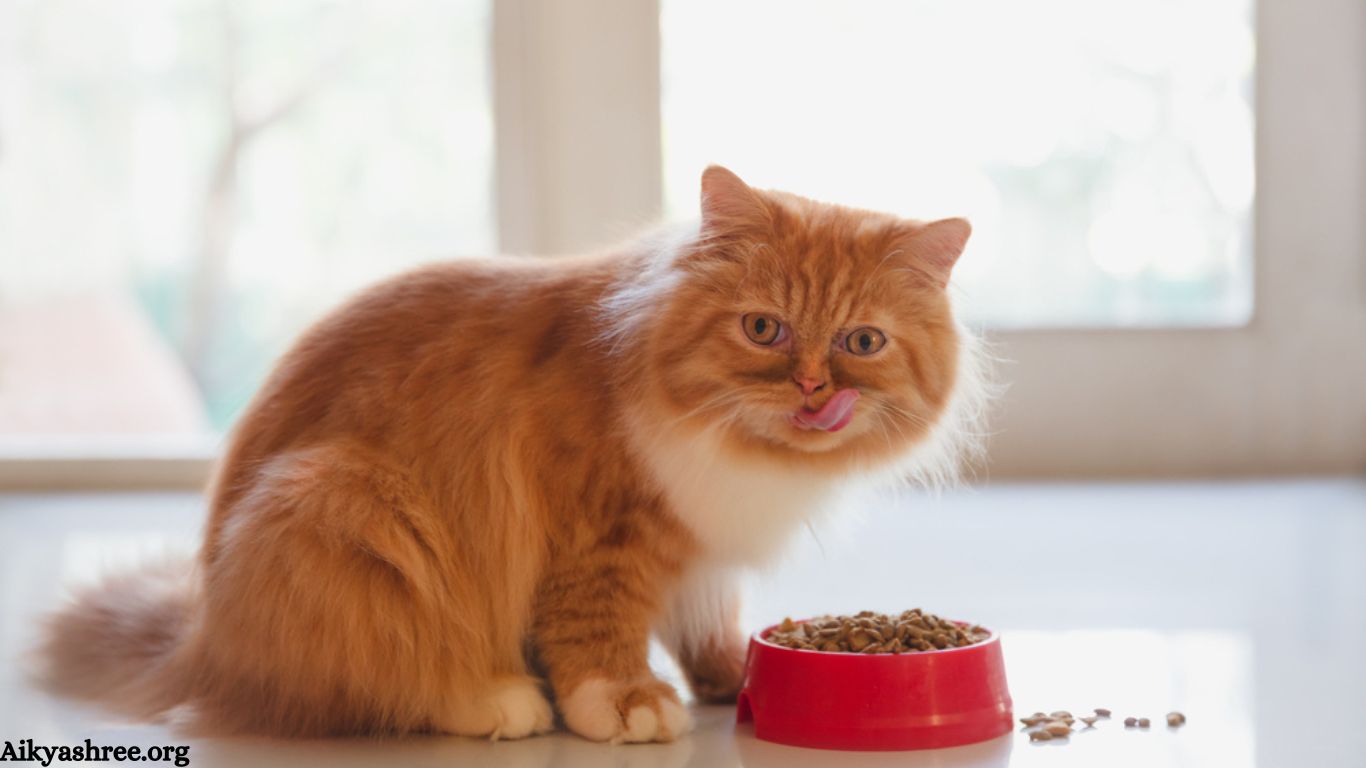Best Food Persian cats are known for their luxurious coats, calm demeanor, and affectionate nature. They require specialized care, particularly in their diet, to maintain optimal health. Due to their long fur, flat faces, and sensitive digestive systems, Persian cats have unique dietary needs. Choosing the right food helps prevent issues like hairballs and promotes their overall well-being, ensuring they look and feel their best.
High-Quality Protein for Strong Muscles
Protein is essential for Persian cats. Opt for foods with high-quality protein sources, such as chicken, turkey, or fish, as the primary ingredient. Protein supports muscle strength, skin health, and energy levels. A diet rich in animal-based proteins also boosts immune function, helping your Persian cat stay strong and active.
Read More: How to Download GTA 5 on Mobile
Healthy Fats for a Soft, Shiny Coat
Persian cats’ thick, beautiful coats require specific nutrients to stay healthy. Omega-3 and Omega-6 fatty acids, found in ingredients like salmon oil and flaxseed, promote skin and fur health. Including these healthy fats in their diet helps reduce shedding, prevent breakage, and minimize matting, keeping their coats soft and shiny.
Easy-to-Digest Ingredients
Persian cats often have sensitive stomachs, making easily digestible ingredients vital. Foods with simple ingredients like rice, chicken, or turkey are gentle on their digestive system and improve nutrient absorption. For cats with digestive issues, a grain-free or limited-ingredient diet can help reduce the risk of allergies and sensitivities.
Anti-Hairball Formula to Minimize Hairballs
Persian cats’ long fur makes them prone to hairballs. Selecting food with an anti-hairball formula can help manage this. These foods contain added fiber, which supports digestion and helps hair pass through the digestive tract, reducing the risk of hairballs.
Moisture-Rich Food for Better Hydration
Persian cats often drink less water, increasing the risk of urinary issues. Adding wet food to their diet boosts hydration, helping prevent urinary problems. Wet food mimics a cat’s natural diet, ensuring they stay well-hydrated. If your cat prefers dry food, mix in a little water for added moisture.
Top Recommended Foods for Persian Cats
Royal Canin Persian Adult Cat Food – Formulated specifically for Persian cats, it supports healthy skin and digestion with essential nutrients.
Blue Buffalo Wilderness Salmon Recipe – Rich in protein and packed with Omega-3 and Omega-6 fatty acids for overall health.
Hill’s Science Diet Sensitive Stomach & Skin – Ideal for cats with sensitive stomachs, featuring gentle, easy-to-digest ingredients.
Frequently Asked Questions
What should I feed my Persian cat to keep its coat healthy?
Choose food rich in Omega-3 and Omega-6 fatty acids, such as those with ingredients like salmon oil or flaxseed. These fats help maintain a shiny, soft coat and reduce shedding.
How can I prevent hairballs in my Persian cat?
Opt for food with an anti-hairball formula, which includes added fiber to aid digestion and help hair pass naturally through the digestive tract.
What is the best diet for a Persian cat with a sensitive stomach?
Look for foods with simple, easily digestible ingredients like rice, chicken, or turkey. For cats with digestive issues, consider a grain-free or limited-ingredient diet to minimize allergies and sensitivities.
Should I feed my Persian cat wet food or dry food?
Both can be part of a healthy diet, but wet food helps provide additional hydration, which is important for Persian cats. If your cat prefers dry food, you can mix in a little water to increase moisture intake.
How often should I feed my Persian cat?
Adult Persian cats generally do well with two meals a day. Ensure they have access to fresh water throughout the day to stay hydrated.
Can I feed my Persian cat treats?
Treats can be given in moderation, but they should not replace a balanced, nutritious diet. Choose treats that align with their dietary needs.
Conclusion
Feeding your Persian cat a balanced diet tailored to their unique needs is essential for maintaining their health and well-being. Focus on high-quality proteins, healthy fats, easily digestible ingredients, and proper hydration to support their skin, coat, digestive health, and overall vitality.
By selecting the right food and incorporating specific formulas like anti-hairball or sensitive stomach options, you can ensure your Persian cat lives a long, healthy, and comfortable life. Regularly monitoring their diet and adjusting it to their needs will help them thrive and stay active for years to come.

